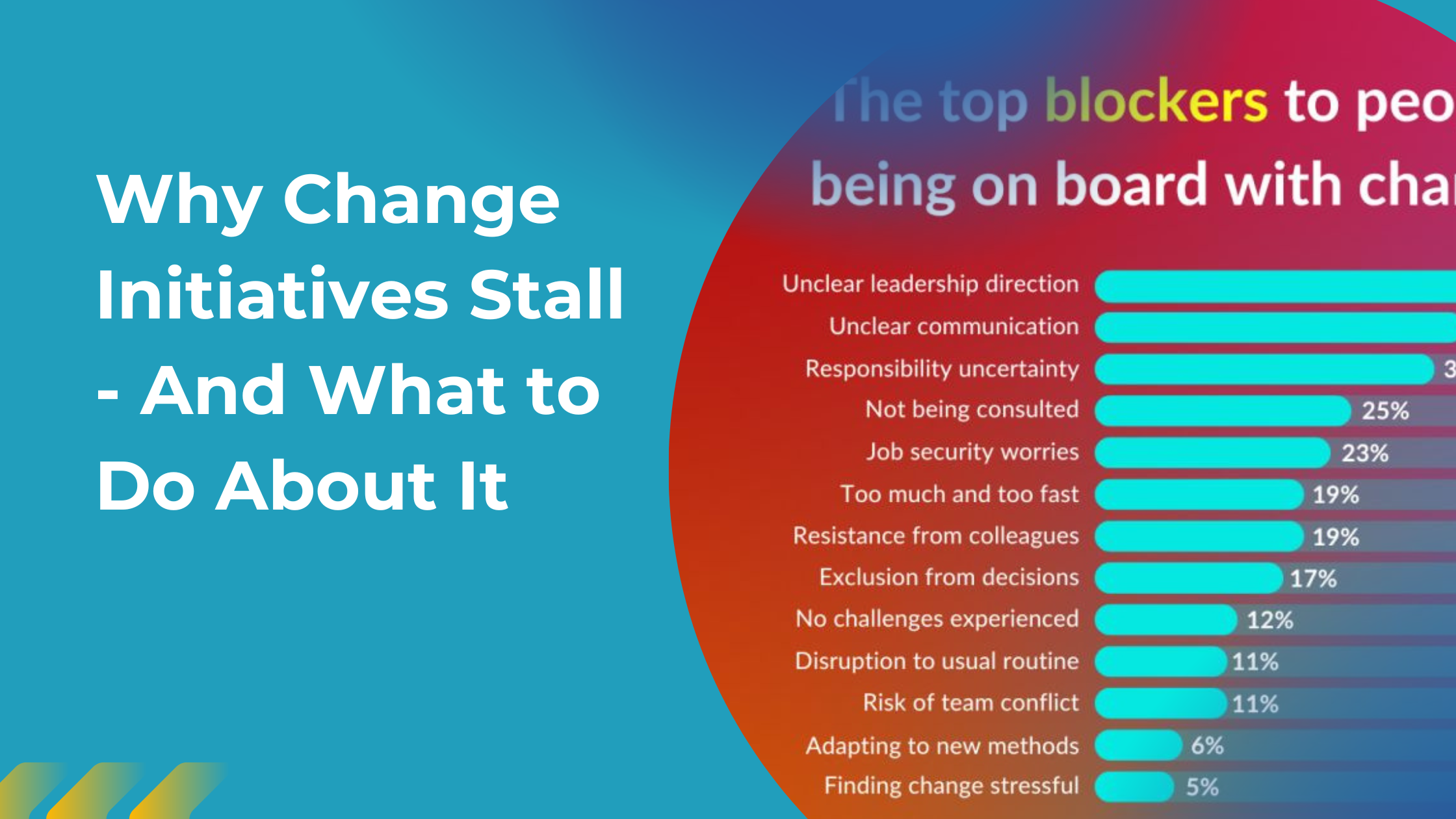Building Trust for Effective Delegation Starts with You
During a recent ToP Facilitation Methods training, a group conducted a Consensus Workshop around the question:
“What are keys to effective delegation?”
One of the strongest themes that emerged was trust. Not just trusting others, but also developing the ability to trust ourselves enough to let go. Delegation, we realized, is less about the task itself and more about cultivating the trust needed to allow someone else to carry the responsibility.
Trust as the Foundation
Trust is not a checklist—it’s an emotion, a philosophy, a feeling we must be comfortable with in order to move forward. When we delegate, the work still reflects on us, so naturally we want it done well. That requires building confidence in ourselves and in the people we choose to delegate to.
But here’s the catch: to delegate effectively, we must manage our own ego. Many of us carry guilt around the idea that “if I’m paid, I should do it all myself.” But leadership is not about doing everything with our own two hands—it’s about growing capacity. Sometimes that growth comes through technology or training. More often, it comes through people.
The Ego Trap of “I’ll Just Do It Myself”
As leaders, entrepreneurs, or nonprofit changemakers, we often think, “It will be faster if I just do it myself.” While that may be true in the moment, it limits our impact in the long run. Every time we hold onto a task, we lose an opportunity to multiply our capacity.
The real challenge is that many tasks we want to delegate are things we do on autopilot. It feels overwhelming to explain them, so we retreat to old habits. But if we invest a little more time upfront—in clarity, communication, and support—the return is far greater.
Using the Focused Conversation to Delegate
This is where a facilitative leadership tool—the Focused Conversation (ORID method)—comes in handy. Before delegating, I often ask myself:
Objective: What exactly is the outcome I need?
Reflective: What do I remember about doing this task myself? Where did I feel challenged or supported?
Interpretive: What would it mean to bring someone else in? What skills and tools would they need?
Decisional: Who is best positioned to do this work, and how will we set timelines and check-ins?
When I communicate with the person I’m delegating to, I use the same structure to create clarity and ownership. Together we talk about:
What stands out to them in the assignment.
Where they feel confident.
Where they need support, training, or tools.
When and how we’ll check in.
How we’ll handle conflict if it arises.
This conversation does more than transfer tasks—it builds shared understanding. And shared understanding is the root of trust.
Adding Self-Awareness with Lumina
Self-awareness plays a critical role in delegation. My Lumina Spark profile tells me I like to express myself in writing and sometimes struggle with verbal clarity. Knowing this helps me adapt my communication style depending on who I’m working with.
If I’m delegating to someone who thrives on verbal brainstorming, I adjust. If they prefer structure, I offer written steps. Lumina reminds us that trust grows when we communicate in ways that meet others where they are—not just where we are comfortable.
Building Capacity Through Delegation
Delegation isn’t about letting go of responsibility—it’s about sharing it wisely. You remain accountable for the outcome, but you free up your time and energy to focus on the work that only you can do.
When you prepare upfront—clarifying outcomes, anticipating support needs, setting check-ins, and creating an open door for communication—you build the trust necessary for effective delegation.
Just like “an apple a day keeps the doctor away,” a little preparation keeps frustration away.
Friends, I’m Charity Adams.
At Facilitate Co, I help people work better, lead smarter, and grow stronger. If you’d like to learn more about facilitative leadership, how to host a Consensus Workshop, or how Lumina self-awareness can open the door to stronger communication and trust, reach out. You can even start with a free Lumina taster profile to discover more about your own strengths.

